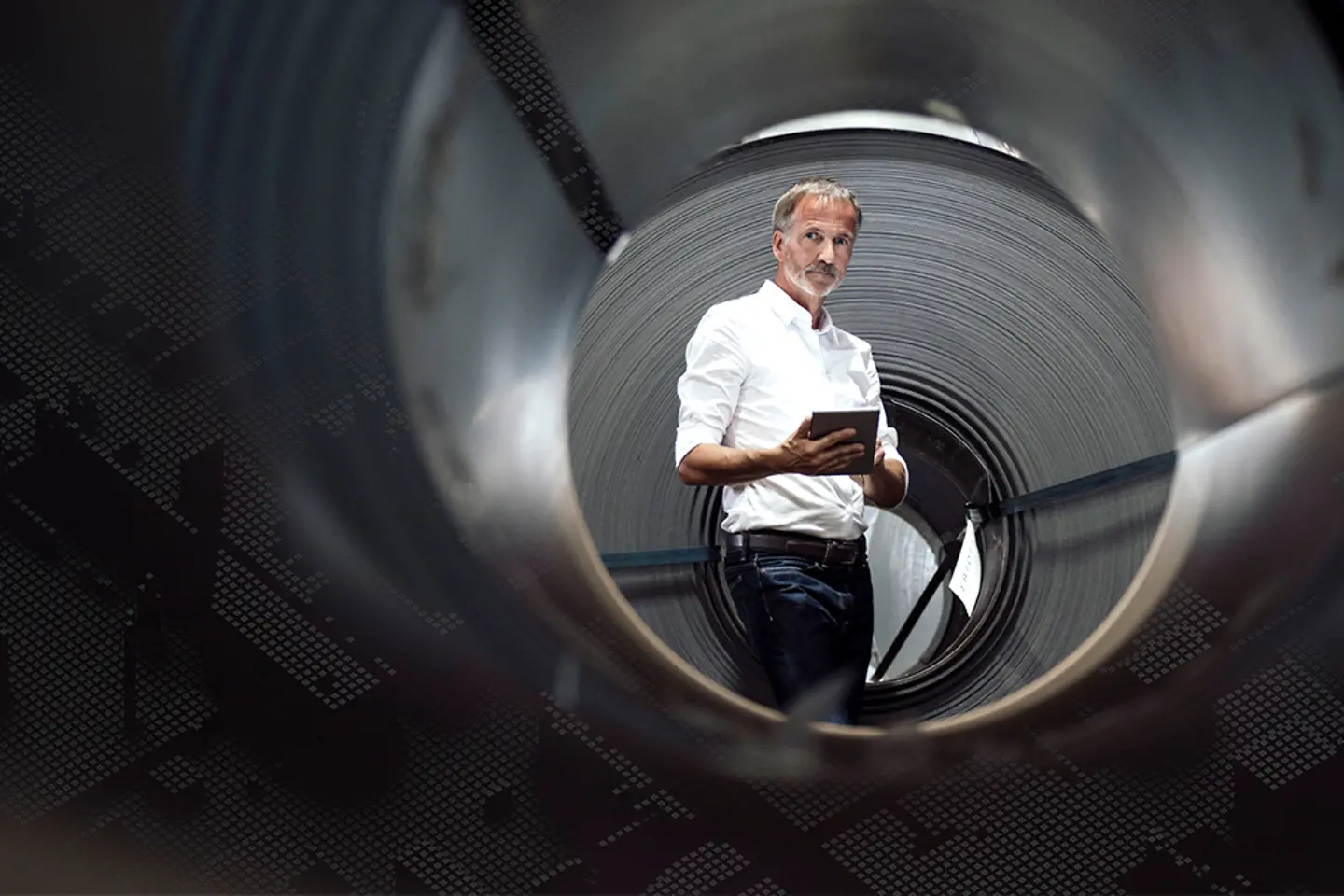
Although 90% of industry transformation projects begin with digital initiatives, only 35% of them succeed1. Even the best ideas fail due to lack of appropriate execution. For Europe's evolving digital landscape, the need for effective implementation is paramount. It is never too late to adopt industry tailored robust execution strategies that warrant success. T-Systems has meticulously developed digitalization solutions for meeting industry needs.
T-Systems merges tech expertise with industry insights, crafting tailored digital solutions for efficiency, increased sales, enhanced customer experiences, and successful digital transformations. Whether cloud, big data, AI, IoT, or 5G, our approach aligns digital technology with specific industry processes and models.
1145 Digital transformation statistics you need to know in 2023, 2023, www.myhubintranet.com